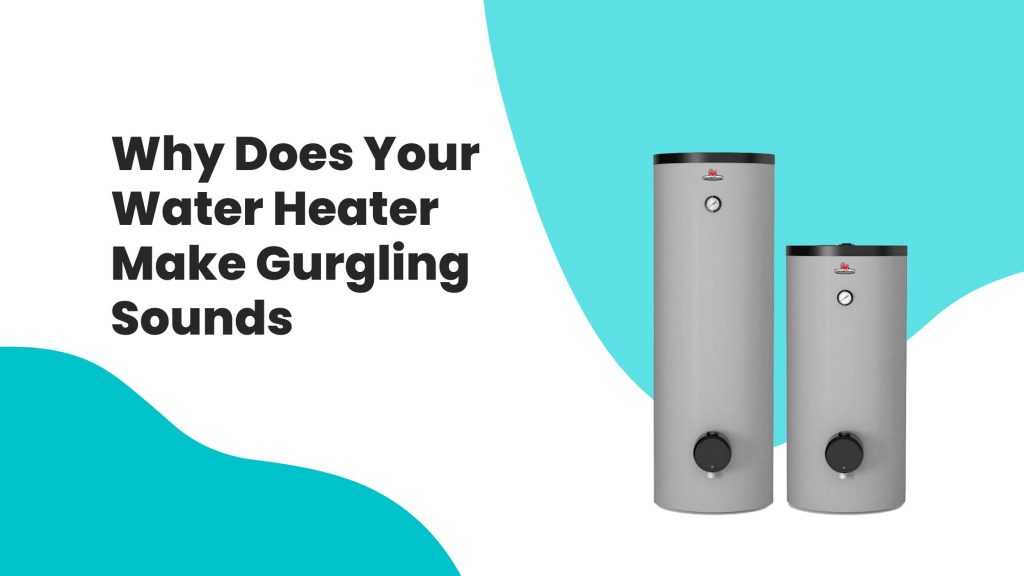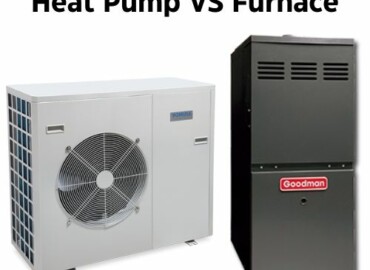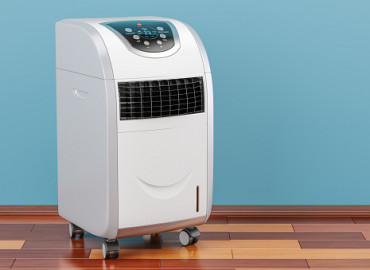Why Does Your Water Heater Make Gurgling Sounds?
Your hot water tank is making gurgling sounds? We know, there is nothing worse than the constant sound of a marching band in your home. However, this noise may also be a sign of the start of a leak. But what does it mean exactly?
Did you know that a hot water tank should have annual service maintenance? This helps reduce risks of failure and ensures you in the event of a claim. It should also be changed every two years. Keep on reading to discover why a water heater makes gurgling sounds and how to get rid of them.
Why is Your Water Heater Making The Gurgling Noise?
The main cause of the gurgling sound coming from the water heater comes from the Sediment and mineral build-up inside the Water tank. This is common in older water heaters as they tend to get rusty and develop grains inside them.
So, if your hot water tank makes a gurgling noise, this is a sign that the tank is scaled up. The scale can eat away at the tank as well as damage the heating system (thermostat, electrical resistance), which, in the long term, can lead to rusting, drilling, or cracking. This is why, when the tartar has managed to pierce the tank, the water heater must be replaced.
Is Gurgling Water Heater Tank Dangerous?
Gurgling sounds from a water heater can indicate issues like sediment buildup, air in the system, or leaks. While not always dangerous, they can lead to efficiency loss, potential overheating, or water damage. It’s advisable to investigate and address the cause promptly to prevent hazards.
The sediment build-up is made up of minerals from the hard water that forms sediment in the reservoir, which will scale its walls.
When that occurs, the tank cannot flush and filter as effectively as it should. This is why it makes gurgling noises as it struggles to function. Not only is it bad for your water tank, but it’s also bad for your electricity bills. Your water tank is working longer to heat less water than usual, wasting energy and thus, making you pay more money.
Our Smile HVAC team will tell you that installing a new water heater is necessary, but if this accumulation of sediment occurs, you will only need to have it drained and rinsed. It is the best option for you to keep your water heater buildup-free.
How to fix a gurgling water heater?
It is essential to seek help as soon as you notice any sounds and performance issues. It’s perfectly possible to rinse and drain a water heater yourself, but you can also call a professional to help to get the job done smoothly.
- Turn the heater off
- Turn the cold water lever off
- Connect a hose to the valve and turn on a hot water tap inside the house.
- Let the water flow through the drain valve, and you will start to see dirty water coming out of the hose.
- Rinse the water heater by opening and closing the cold water supply lever several times.
- Keep the device off for ten minutes.
Regular Water Heater Maintenance Helps You to prevent gurgling.
When your hot water tank makes a lot of noise, most likely it heats more than it’s necessary or to the maximum. Your thermostat is, therefore, incorrectly adjusted.
Besides, a build-up of a deposit at the bottom of the tank can be the cause of the thermostat overheating. Over time, lime, sand, and gravel prevent water from circulating properly.
Maintenance of the water heater is essential, especially for regions where limestone is present in the water. The presence of large limestone deposits at the bottom of the tank can block the electrical resistance. This is because scale surrounds the resistance, which causes overheating and risks damaging the thermostat. Thus, the noise heard is linked to this congestion of tartar.
Monitoring the condition of your hot water tank can improve the water heater’s lifespan. This allows you to save money, but above all, to ensure safety and comfort for you and members of your family.




